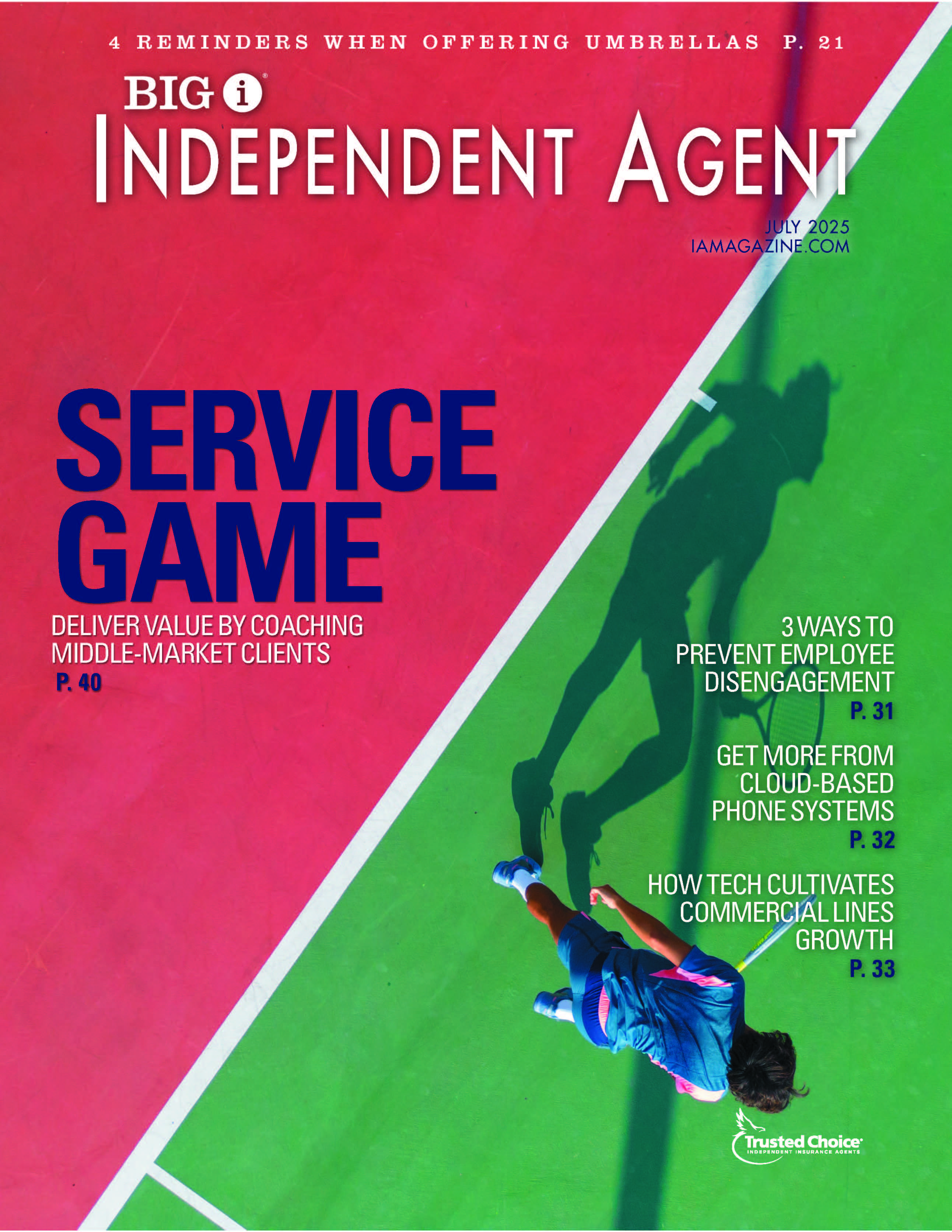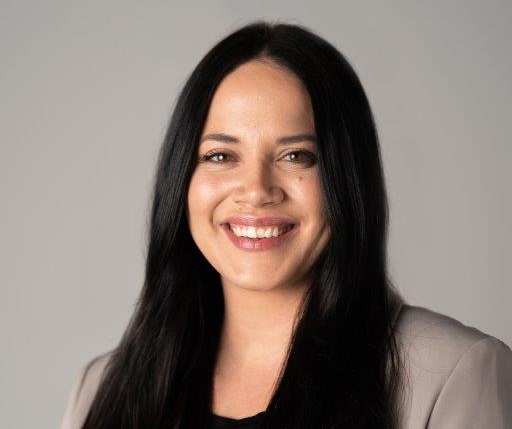Life Settlements: Should Your Client Use a Broker or a Provider?

By: Lucas Siegel
If your clients decide to sell their life insurance in a life settlement, one of the first decisions they must make is to decide whether to work with a life settlement broker or a life settlement provider. As a trusted advisor, you may be involved in this decision.
Perhaps you recommended a life settlement as a legal, regulated way to liquidate an unwanted policy for maximum value. Or, your client may have learned about life settlements independently but looks to you for guidance on all insurance-related questions.
Of course, before you do anything with life settlements, be sure to examine your errors & omissions coverage and make sure you’re covered.
Your guidance on whether they use a broker or provider can be crucial in ensuring your client has a positive experience with their life settlement. These transactions can be confusing and complex. For that reason, your client needs to work with the right type of professional.
To prepare for these client discussions, here’s a review of what life settlement brokers and providers do, and how their services differ from one another.
What is a Broker?
A life settlement broker markets life insurance policies to a group of buyers. The broker’s goal —and fiduciary duty to the insured—is to encourage and negotiate the highest sales price possible for that policy. To fulfill that goal, the broker will typically set up a multi-round bidding auction among reputable, experienced buyers. Those buyers are part of the broker’s network, which is developed over time through reputation-building and the closure of successful deals.
In addition to managing the auction, brokers also handle the administrative details of life settlements. They prepare contracts and coordinate paperwork as needed.
Brokers get paid a commission out of the sale proceeds once the life settlement has closed.
What is a Provider?
A life settlement provider is the buyer in the transaction. Providers can participate in broker-arranged auctions, but they can also buy life insurance directly from the insured. In this scenario, there’s no auction. The provider makes an offer on the policy and the insured either accepts or declines.
Providers do not take a commission from the sale proceeds as a broker would.
Weighing the Pros and Cons
Brokers and providers each offer advantages and disadvantages. Brokers streamline the process for policy owners and generate higher selling prices. But brokers also take a percentage of that higher selling price as their commission.
While no commission sounds like a good reason to go with a provider over a broker, it’s not quite that simple. Providers do not represent the insured in any capacity. They actually represent the investors who are funding the transaction. That means the provider will typically offer the lowest amount possible to secure the policy. And since there’s no auction and no competition, that offer could easily be below market value.
Often, the commission for a broker isn’t a net negative for the policyholder—because the higher sales price they received by working through a broker covers the broker’s pay. On the flip side, providers don’t charge fees to the policy owner. The process might be quicker since there’s no auction involved and only one buyer is in play. However, that also results in a lower sales price and more work for the policy owner, who will have to manage the flow of paper works and contracts.
What’s the Best Fit?
Life settlement brokers and life settlement providers offer two fundamentally different services. They can both assist your client with the sale of an unwanted life insurance policy, but each represents a different side of the transaction. The broker is the seller’s representative and the provider is on the buyer’s side.
If your client is willing to do some paperwork and prefers a quick transaction that doesn’t involve a commission, a provider may be the right fit. On the other hand, brokers mesh well with clients who want full service and the maximum dollar value for their life insurance.
Understanding the differences in how life settlement brokers and providers operate can help you provide quality guidance to your client. While the decision to work with a broker or provider is your client’s to make, your opinion as a trusted advisor is valuable. It’s an opportunity to solidify your client relationship and generate positive word of mouth that earns you more business.
Lucas Siegel is the founder and CEO of Harbor Life Settlements, a life settlement company that is dedicated to helping seniors and the terminally ill sell their life insurance policies, and Harbor Life Brokerage, a life settlement broker that helps policyholders receive the maximum cash value for their life insurance through its proprietary bidding platform that reaches the world’s largest buyers.










